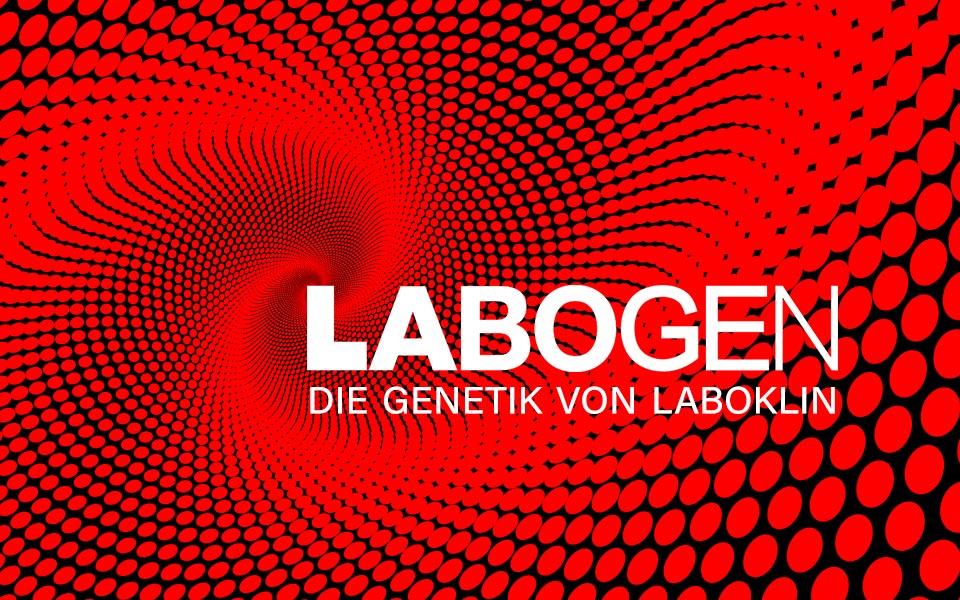Premium DNA Profile DOG
- Home
- Premium DNA Profile DOG
Premium DNA Profile Dog
General description
The Premium SNP DNA Profile (ISAG 2020) is your dog’s unalterable, tamper-proof genetic fingerprint, providing unique identification for life. All profiles are stored in our DNA database. The profile analyses 230 SNPs according to ISAG guidelines, offers international comparability and has a test reliability of over 99.99%.
With the Premium SNP DNA profile we can solve parentage cases with only one parent (breeds on request). You will also receive a free genetic diversity and heterozygosity analysis.
Breeds
All breeds
Order details
| Test number | 8540 |
| Trivial names | Genetic fingerprinting, diversity analysis |
| Sample material | 0.5 ml EDTA blood, 1x special swab (eNAT) |
| Test duration | 14-21 working days |
Test specifications
| Marker | 230 SNPs |
| Standard | ISAG 2020 |
Detailed description
The Premium SNP DNA Profile (ISAG 2020) evaluates 230 single nucleotide polymorphisms (SNPs). These are sites in the genome where only two possible nucleotides (basic building blocks of DNA) can occur. Due to the large number of SNPs analysed, the letter combinations are unique to each dog.
To create a DNA profile, the genetic material of the animal, the DNA, is first isolated from nucleated cells. The areas of DNA to be analysed are then amplified millions of times using the polymerase chain reaction (PCR). For each SNP, the two-letter combination is determined by Next Generation Sequencing (NGS) analysis. An individual letter combination for your animal is then created from all the data.
The DNA profile is unique with a probability of greater than 99.99%. The only exception to this is monozygotic multiples. To identify an animal, its DNA profile is created and stored in a DNA database.
To create a DNA profile, we examine the SNP markers recommended by theInternational Society for Animal Genetics (ISAG)in 2020. The DNA profiles obtained are internationally comparable with the laboratories working according to the ISAG recommendations.
With the help of the Premium SNP DNA profile, we can solve parentage issues and can also resolve more complex parentage cases, e.g. with only one parent. The genetic diversity of your dog in comparison to its breed (breed-specific evaluation, genetic diversity and heterozygosity) will also be determined for you free of charge.



